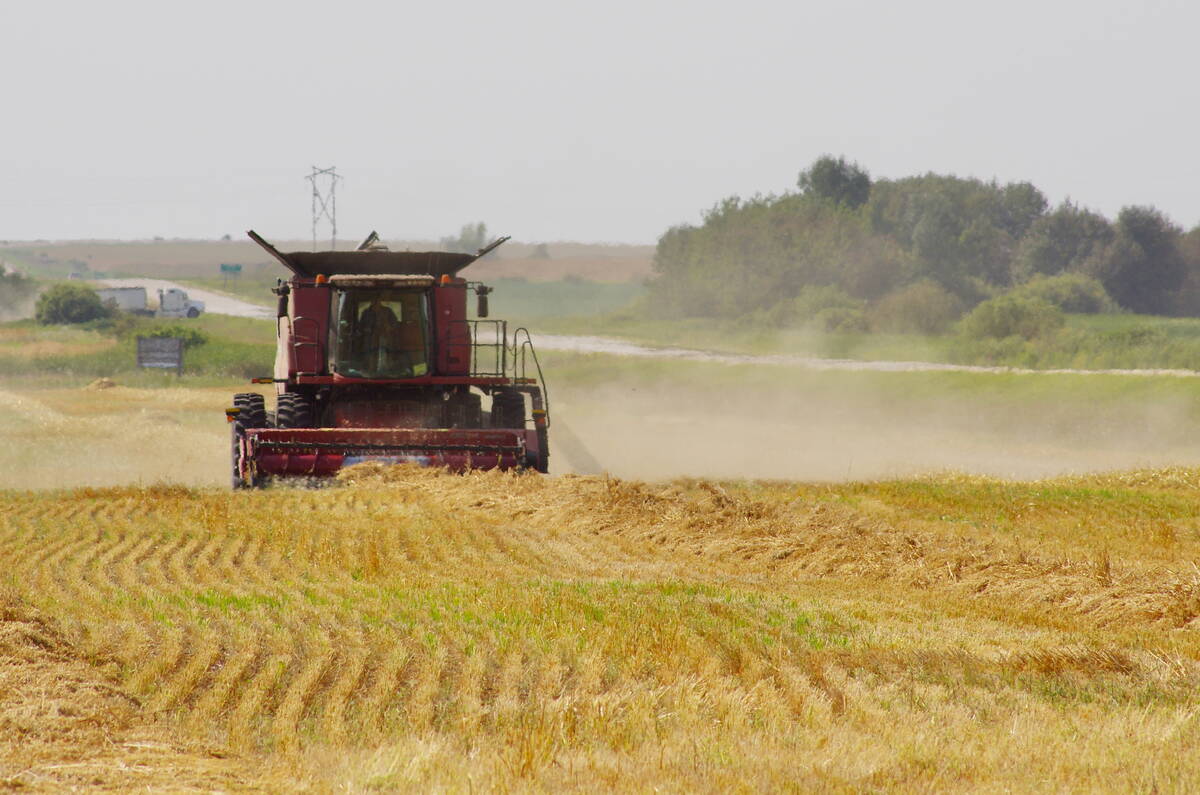Recall plan in works | Retailer says meat sector sometimes objects to the higher costs
Manitoba Conservative senator Don Plett likes his rib eye steak during the barbecue season.
But what happens if there is a recall or he suspects some problem with the product he bought at a local retail outlet?
“If I have a problem with that product, can you trace it all the way back to the farm?” Plett said at a recent Senate agriculture committee meeting as food retail representatives appeared to describe their traceability systems.
“Absolutely,” said Janet Shanks, vice-president of fresh foods at Costco Canada.
Read Also

Herbicide resistance sprouts in Manitoba’s wild oats
Farmers across Manitoba this fall are gearing up for the latest salvo in what, for many, has become a longtime battle to beat out wild oats.
“We would rely on our suppliers. We run random tests with our suppliers to trace back a product to the farm, and they are able to do that.”
David Wilkes, senior vice-president of the grocery division of the Retail Council of Canada, told senators the same recall response exists across the retail system.
“The first responsibility will be to get the product off the shelf within a matter of hours,” he said.
“The product is taken off the shelves, kept in the back room and then notification is provided through media.”
He said the difference is that Costco is a members-only retail company that can quickly contact its members about a recall, while most stores must use media to reach customers.
The food industry is working to implement a traceability system and an efficient food recall plan that the federal and provincial governments promised as part of a national food safety plan. Food retailers were at the Senate committee to proclaim that they already have a system.
Shanks said all meat products at Costco have an international bar code.
“Our suppliers are able to actually trace it back to the farm where the product was produced.”
It includes meat from foreign suppliers.
She said the next goal will be to move the traceability system beyond beef products.
“As we revamp our information systems, traceability will become part of that revamp, which will be taking place over the next few years,” said Shanks.
“Produce will be the next big one that goes onto the system. As we know, this is an area where there are more food-borne illnesses than anywhere else so that would be our next priority. It does take a total revamp of the information systems in order to do this so it is quite expensive and time-consuming.”
Senators were impressed.
“I think you have a terrific system,” former Prince Edward Island Liberal premier Catherine Callbeck told Shanks. “It is unbelievable.”
Former Conservative senator Mike Duffy, days before he left the Conservative caucus in a welter of allegations about inappropriate benefit claims, wondered if sectors such as the hog industry object to the higher costs that come with traceability and standards systems.
“Of course,” Shanks said.
Wilkes had a more positive response.
“Canada really is a world leader in collaboration, not only on identifying industry standards but also in implementing them in a way that makes sense for both the supplier and the retailer,” he said.
















